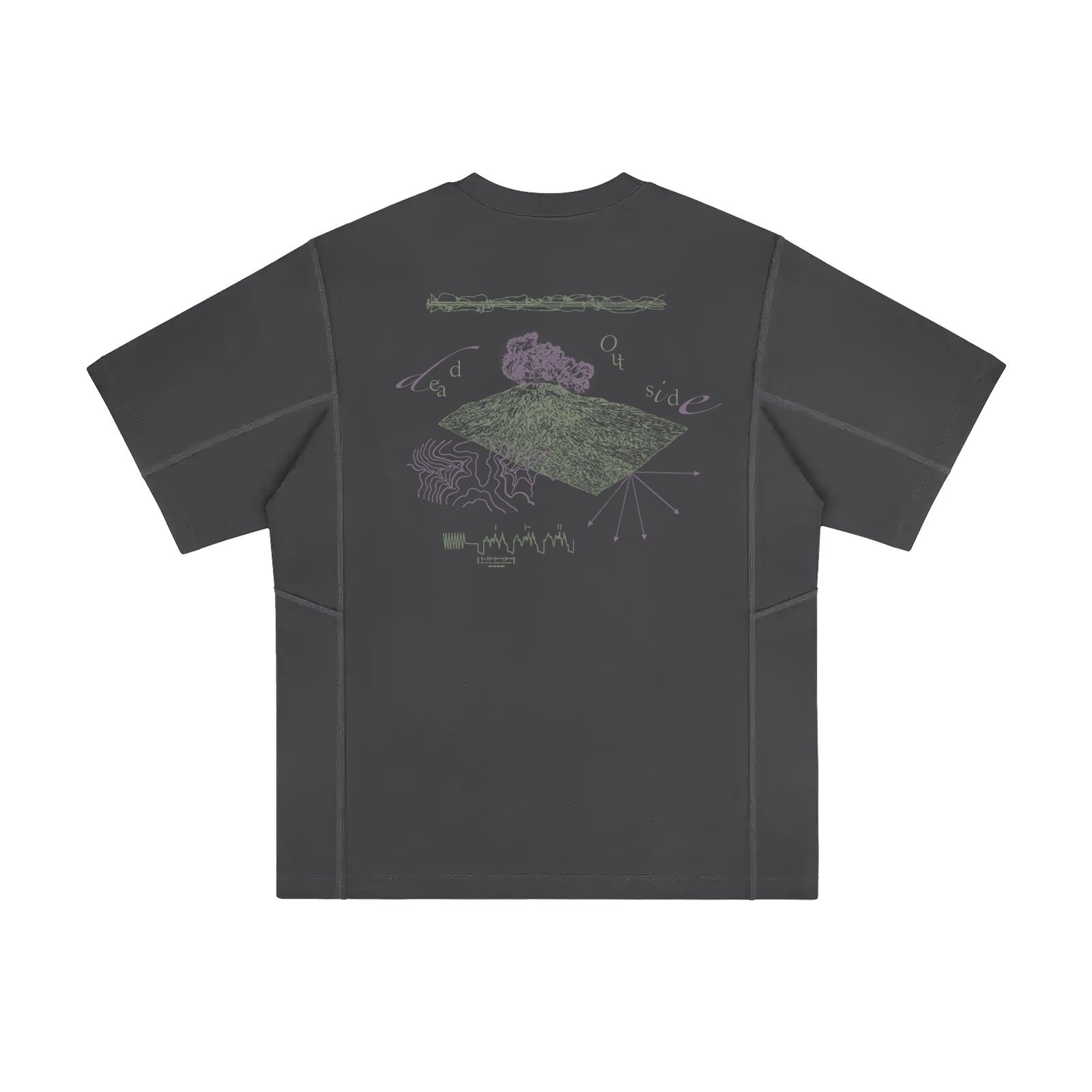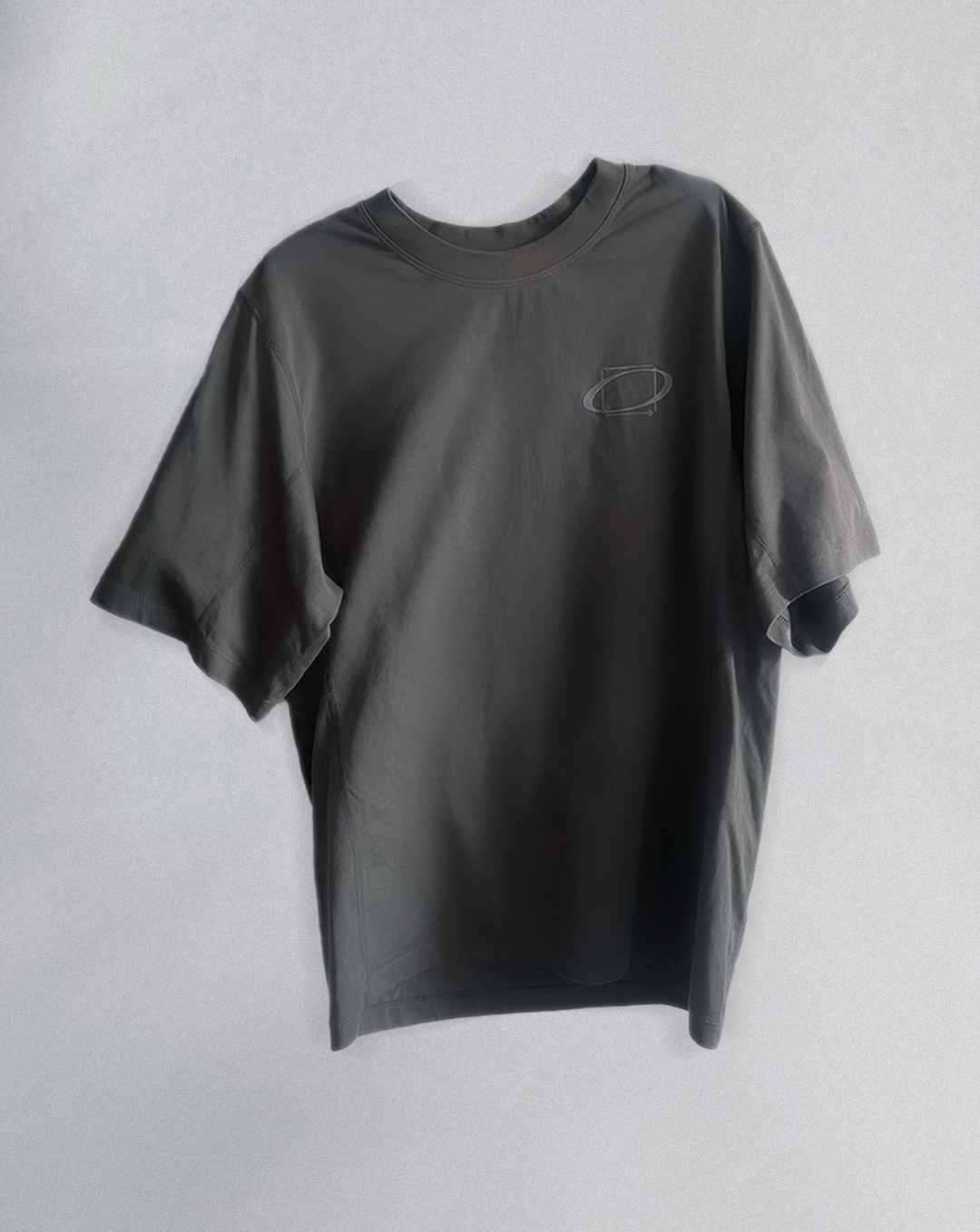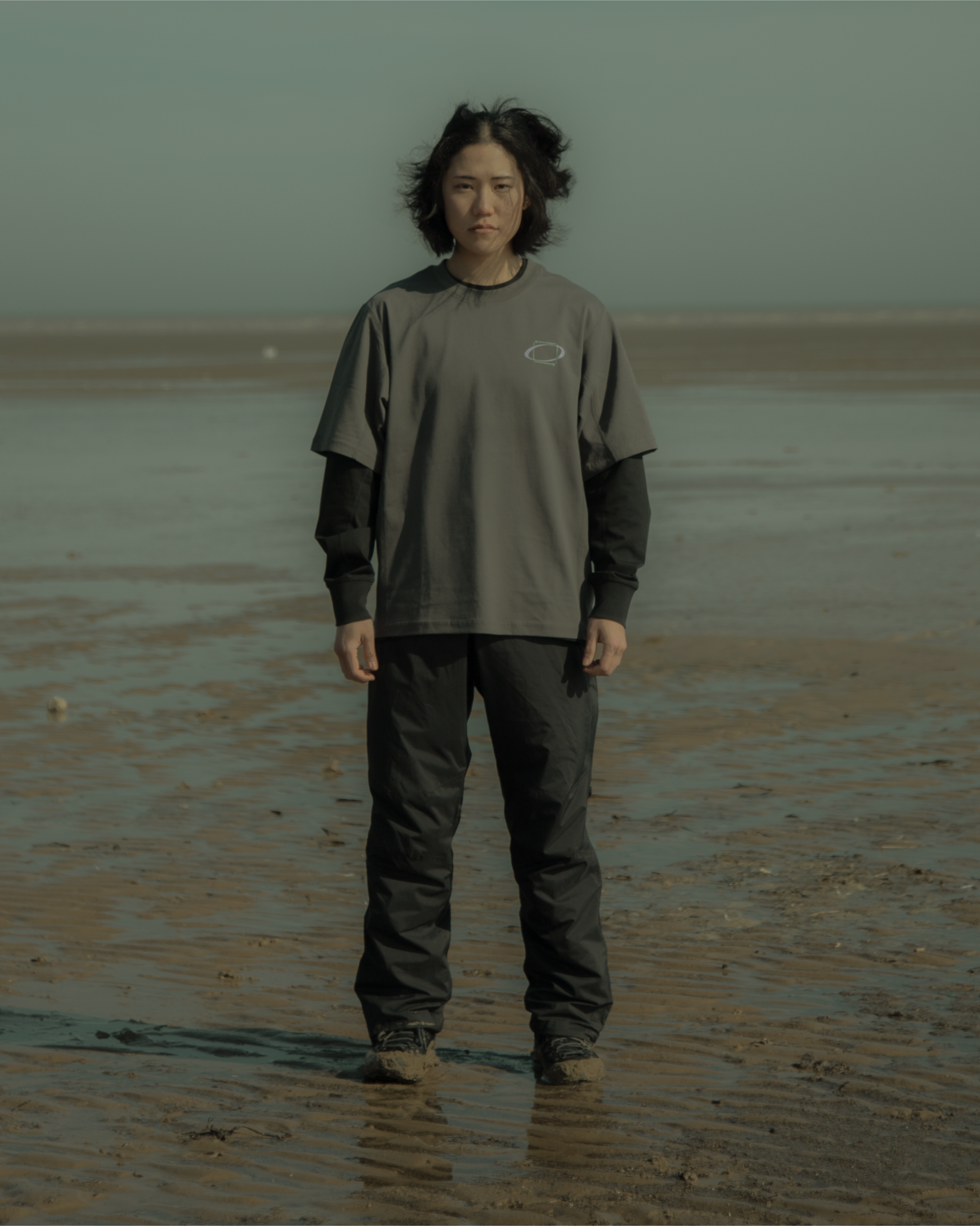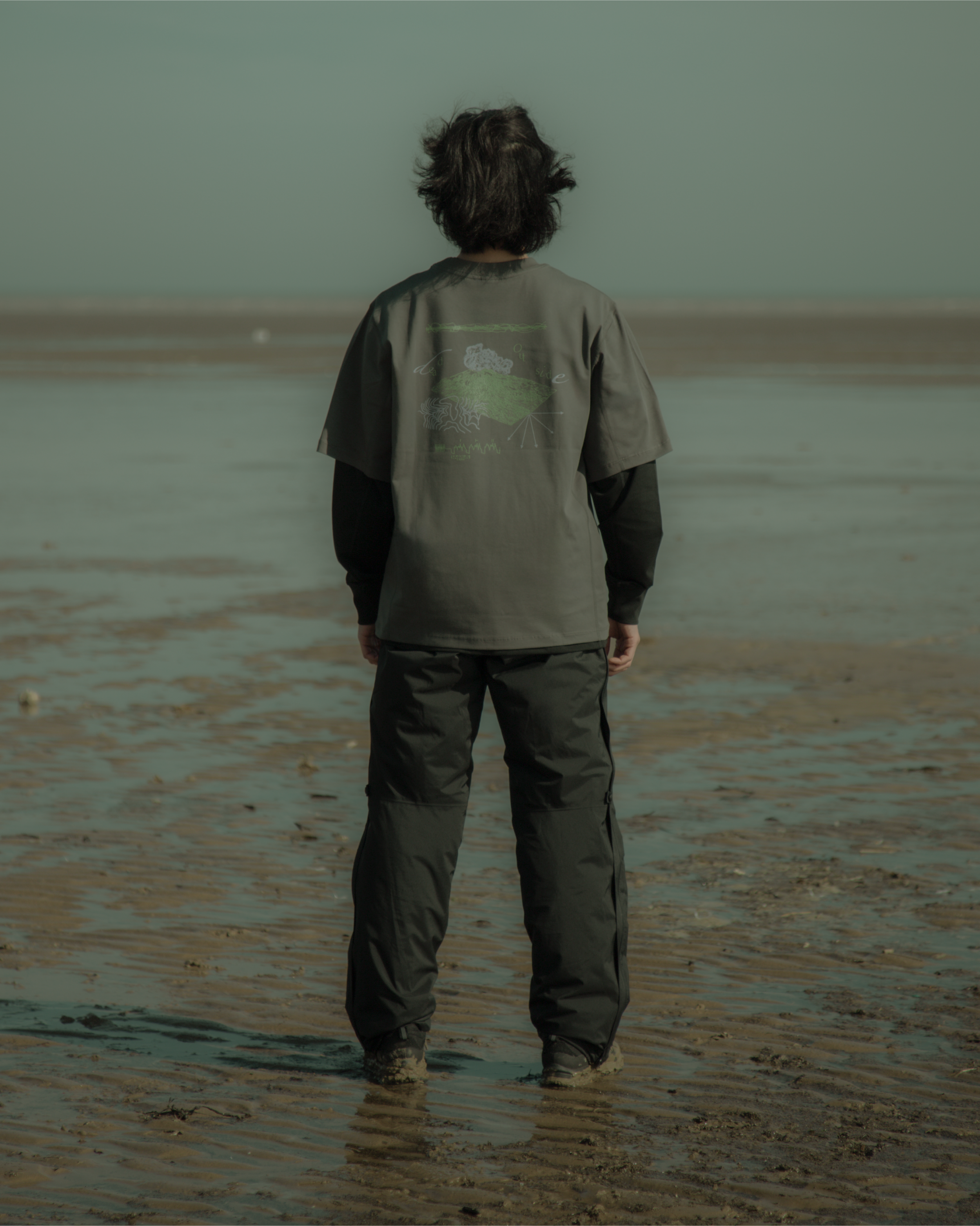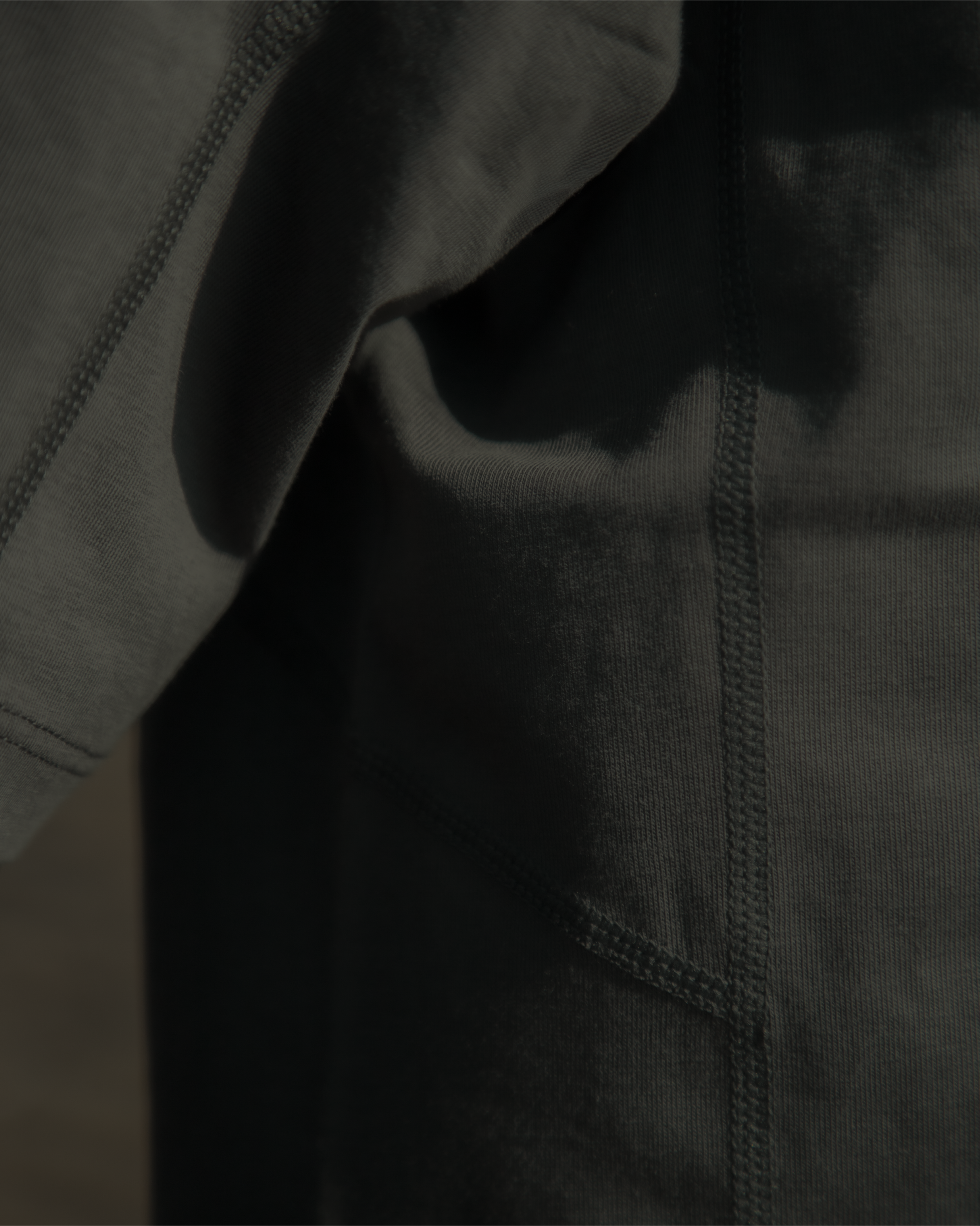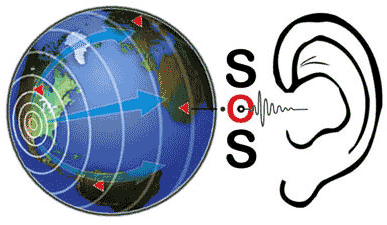the sound of earthquakes
earthquakes are a result of sudden movement in tectonic plates that release energy in the form of seismic waves. these movements cause the earth to vibrate and ring like a bell, producing seismic waves that propagate at a frequency spectrum below 1hz – out of the human audible spectrum. Such sounds are therefore inaudible to the human ear and the only way of detecting the sound (and potentially an early earthquake) is by speeding up seismograms by a large factor.
Sounds of Seismic, Eartyh system soundscape, n.d.
Sounds of Seismic
these seismic sounds hold key and valuable information about impending earthquakes. and organisations around have been collecting and studying these sounds. Some of which use these data to create greater social awareness of ecology.
Sounds of seismic (SOS) was created as an art-science software system broadcasting continuous seismic sound generated from earthquake data around the world. It is an internet streaming service that broadcasts multi-channel seismic generated sounds open to anyone who wishes to browse and listen.
THEORY
in reference to pierre schaeffer’s 1940’s concept of musique concrete, SOS is built on algorithms that help process seismic wave-form data collected by seismometer’s as instruments. These sounds then perform a continuous and autonomous composition streamed across the internet all day throughout the year.
“SOS software development aims to demonstrate how creative techniques of listening to live seismic data sets could have social outreach effect as ecological driven, public audio broadcast”. this is in hopes of encouraging more composers to work with seismic data, raise awareness on it and therefore cultivate a close community of artists that understand the dynamism of our planet.


